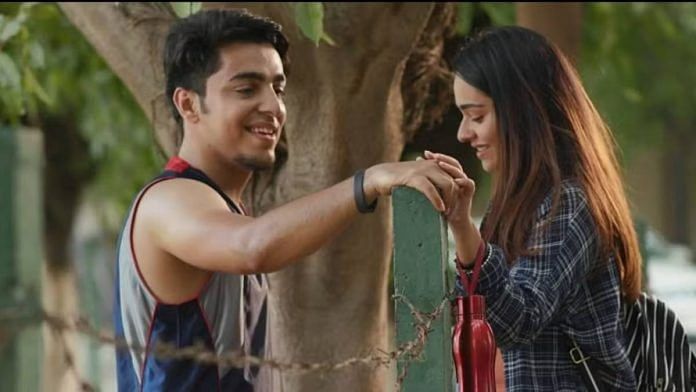New Delhi: The Supreme Court Tuesday set aside a decision of the Delhi High Court (HC) which had held the content of The Viral Fever’s (TVF) web series College Romance as “obscene” and “vulgar”.
Quashing a criminal case filed against the production company, the top court said the HC had incorrectly held the content to be obscene by wrongly equating profanity with obscenity and applying incorrect standards of law to test whether the content is obscene.
The court was hearing an appeal by TVF against criminal proceedings arising from an FIR which alleged that an episode of the web series had vulgar and obscene language. The HC had upheld the FIR lodged against TVF Media Labs online producer, casting directors and lead actors.
The FIR was registered in 2019 under Sections 67 and 67A of the Information Technology (IT) Act, which prohibit transmission of lascivious and sexually explicit material.
Despite multiple appeals by TVF, the Delhi High Court had refused to quash the FIR last year, noting that there was “excessive use of profanities and vulgar expletives” and clear “references to sexual acts” in the content of the web series.
The HC had then said that the purpose of the provisions of the IT Act was to punish such materials, and had held TVF liable by considering contemporary standards of civility.
However, the top court has disagreed with the HC’s reasoning and given a clean chit to the company.
A bench of Justices A.S. Bopanna and P.S. Narasimha set aside the FIR and the HC’s decision, noting that incorrect standards were applied by the court and no offence could be made out under the IT Act.
Also Read: How Nehru added ‘conditions apply’ to Article 19(1)(a) & India lost way to gates of freedom
‘Wrong question, wrong answer’
In its earlier order, the Delhi HC had applied the “standard” of an “ordinary person” to determine whether the content was obscene, instead of that of a hypersensitive person — which was the correct reading of the law, according to the SC.
Even though the standard applied was correct, the HC did not pose the right questions, said the top court.
To determine whether the charges under the IT Act applied, the HC assessed whether the words used in the said episode were decent or commonly used in the country.
On the other hand, the correct question was whether the content was “lascivious, appeals to prurient interests, or tends to deprave or corrupt minds of those in whose hands it is likely to fall”, according to the SC.
This means that instead of engaging in an assessment about whether the words themselves was decent, the high court should instead have assessed the factors outlined by the SC.
“From a plain reading of Section 67 and the material that is characterised as ‘obscene’ therein, it is clear that the High Court posed the wrong question, and it has naturally arrived at a wrong answer,” the SC bench observed.
It also said that for determination of obscenity, the impact on an “ordinary person” and not on an adolescent or hypersensitive person needed to be considered.
However, the HC incorrectly used the impact that such words would have on “impressionable minds” for its decision, which does not have any legal standing as the content should have been tested against the IT Act itself, the court noted.
The SC also said that whether or not the content can be played in court was not a consideration and the high court could not have used such a test.
This has serious ramifications on freedom of expression and a creator cannot be expected to meet judicial formality/propriety while releasing such content. “Here again, the high court committed a serious error in decision-making,” the SC noted.
‘Inherent contradiction in conclusions’
According to the apex court, the HC had found the statements from the episode to be “foul, indecent, and profane” and not obscene, which is an essential requirement for an offence under the IT Act.
The court noted that obscenity must arouse sexual and lustful thoughts which was not “at all” the effect of the statements made in the episode.
“The high court has equated profanities and vulgarity with obscenity, without undertaking a proper or detailed analysis into how such language, by itself, could be sexual, lascivious, prurient, or depraving and corrupting,” it said.
“(It) failed to notice the inherent contradiction in its conclusions,” the SC added.
The SC also said the high court had failed to undertake an objective analysis of both the creator’s intent and the impact on a viewer, which were pre-requisites, before coming to such a conclusion on obscenity.
It was neither the creator’s intent for such language to have an obscene impact, nor would a reasonable viewer come to this conclusion, it observed.
“When we notice the use of such language in the context of the plot and theme of the web series, which is a light-hearted show on the college lives of young students, it is clear that the use of these terms is not related to sex and does not have any sexual connotation,” the SC said.
(Edited by Nida Fatima Siddiqui)
Also Read: Plea in Supreme Court seeks system that allow citizens to directly petition Parliament



